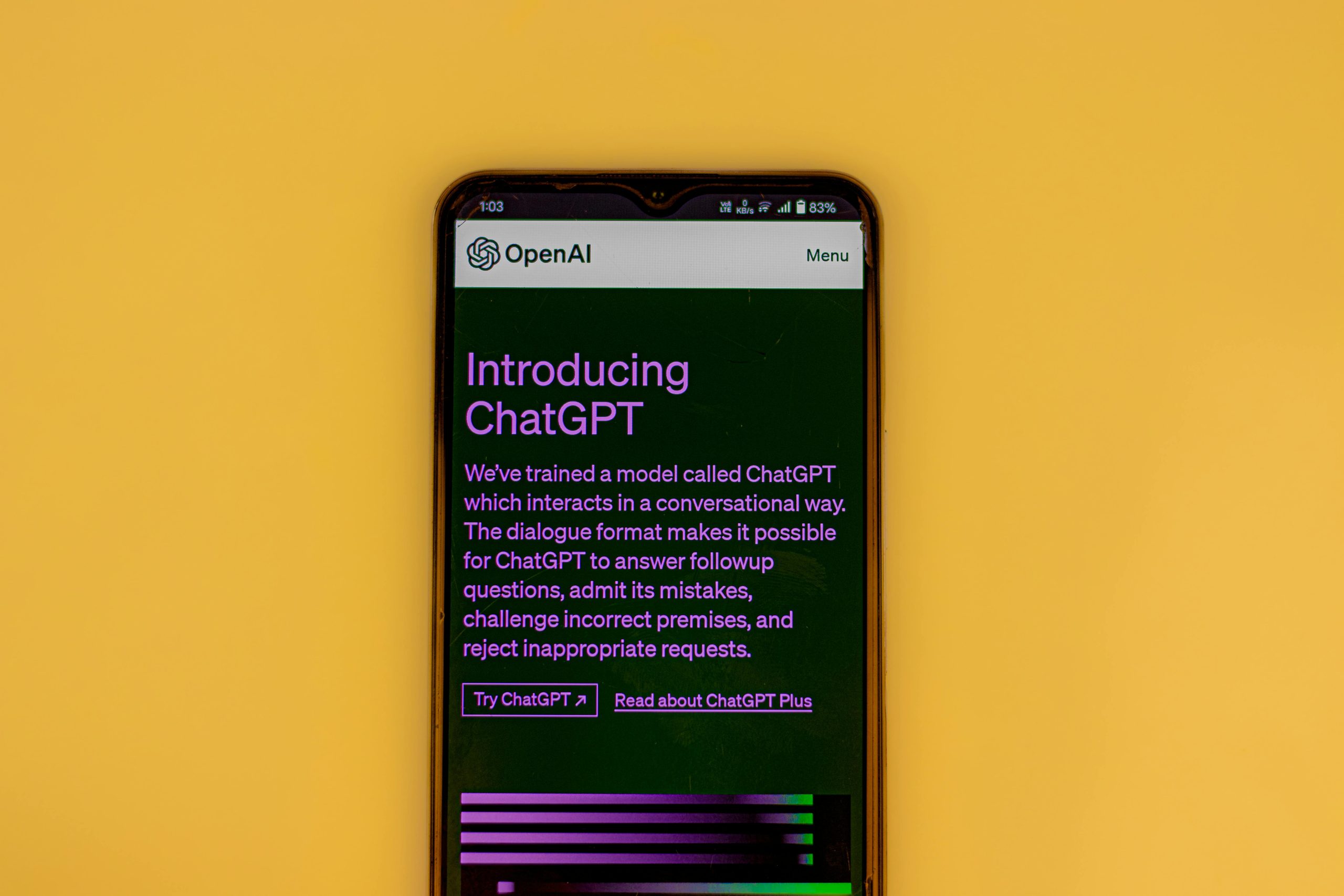why google does not make gemini free or at least very cheap?
Analyzing Google’s Strategy Behind Pricing Decisions for Gemini: A Closer Look at AI Competition
In the rapidly evolving landscape of artificial intelligence, major tech corporations are jockeying for dominance with innovative offerings. Google’s latest venture, Gemini, has garnered significant attention as a potential competitor to ChatGPT. This raises an intriguing question within the tech community: why hasn’t Google made Gemini freely available or offered it at a very low cost from the outset?
The Value Proposition of Free AI Tools
Offering an AI platform like Gemini for free could theoretically accelerate user adoption and establish a dominant market position swiftly. Many successful tech products have gained traction by providing free access initially, later monetizing through advertisements or premium features. Such a strategy allows a company to outpace competitors by capturing a broad user base early on.
The Competitive Landscape: OpenAI’s Position and Threats
OpenAI’s ChatGPT currently holds a prominent position in the AI chatbot domain, representing a significant competitive threat to Alphabet’s dominance in search and AI services. OpenAI’s substantial user base and recent advancements pose a challenge to Google’s existing ecosystem.
Balancing Costs and Strategic Priorities
While OpenAI’s computing expenses are projected to reach up to $10 billion in 2025, Alphabet has vast financial resources at its disposal. This level of investment suggests that Google could potentially absorb the costs necessary to offer Gemini at little to no charge initially. Doing so might serve as a strategic move to consolidate market leadership and diminish OpenAI’s influence.
Why Might Google Be Holding Back?
Despite the potential benefits of free access, Google appears cautious. Several factors may influence this decision:
- Quality and Reliability: Ensuring that Gemini delivers a robust, accurate, and safe user experience may require extensive testing and refinement before broad release.
- Monetization Strategies: Google might prefer to integrate Gemini into existing services or introduce premium features rather than offering it entirely free.
- Brand and User Trust: Managing user expectations and maintaining brand reputation is critical, especially when deploying new AI technologies at scale.
- Long-term Business Model: Google may be strategizing a phased rollout, balancing initial costs against future revenue opportunities, including advertising and enterprise solutions.
Conclusion
While the idea of freely accessible advanced AI models like Gemini is appealing from a market dominance perspective, the realities of product readiness, quality assurance, legal considerations, and strategic positioning play crucial roles in shaping such decisions. Google’s approach may evolve as Gemini matures, potentially adopting a free or low














Post Comment